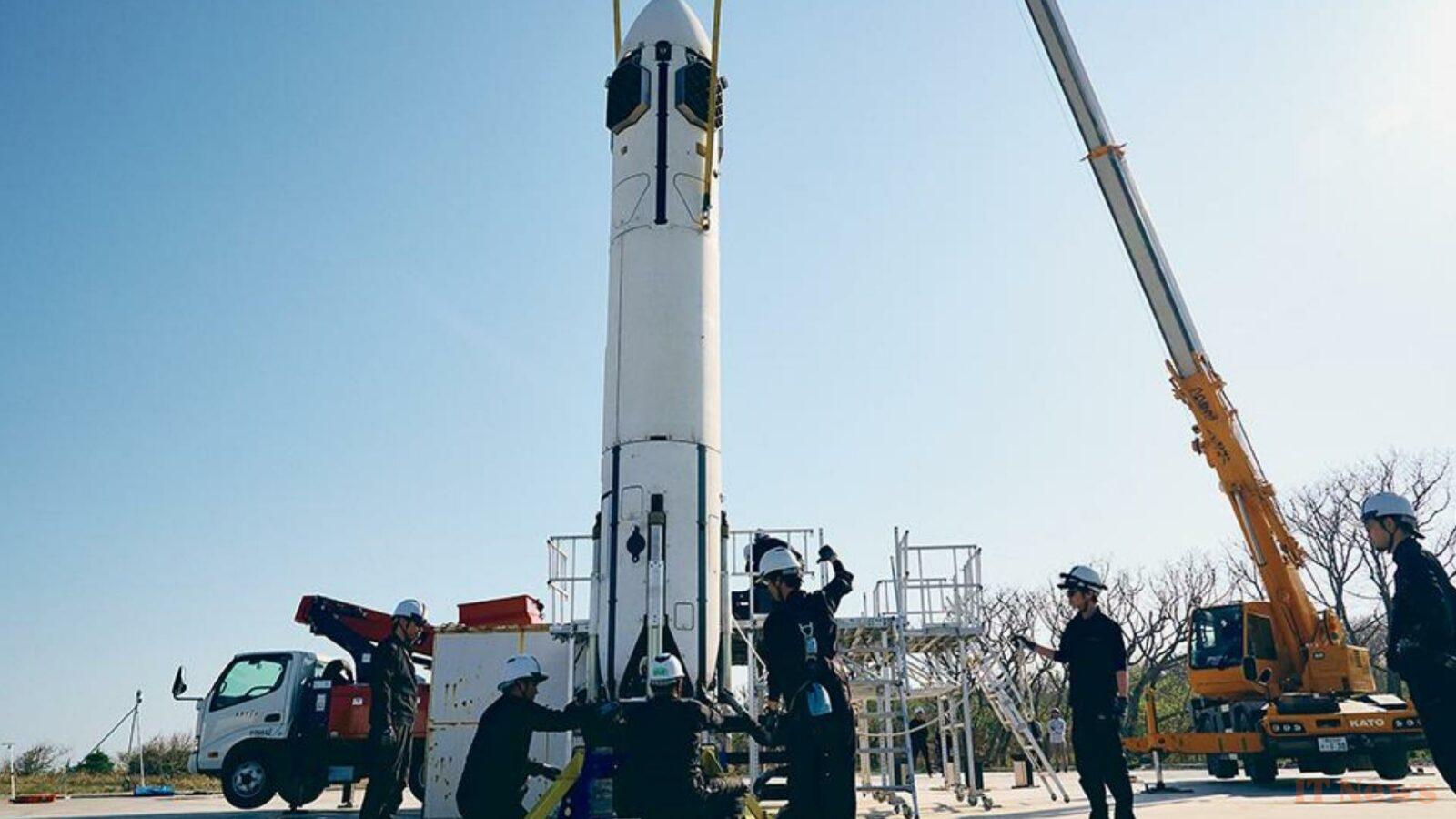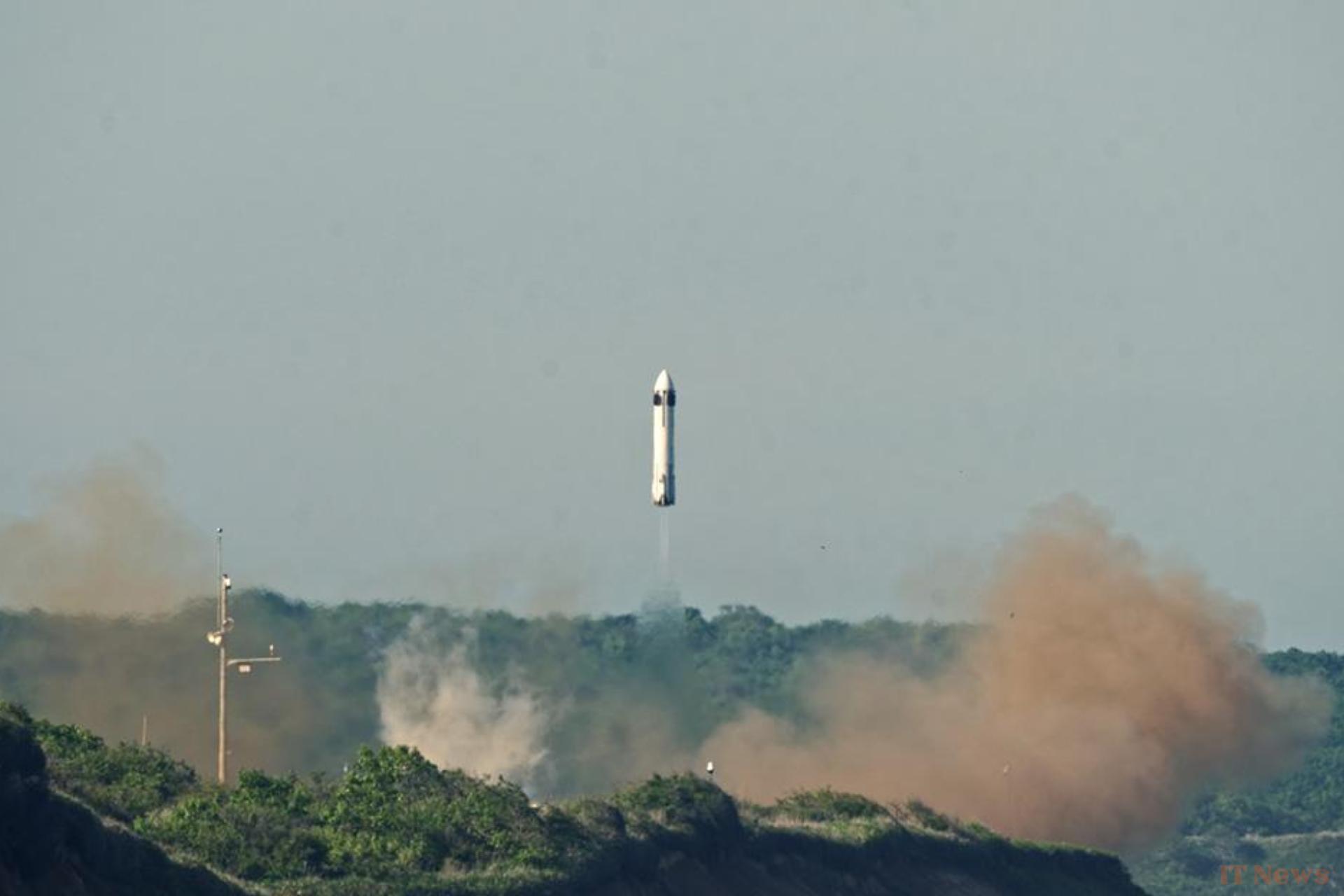Honda has established itself as an industry leader for decades with its motorcycles and cars. But this Tuesday, the Japanese firm stunned everyone by announcing a small feat in a field that doesn't really correspond to its traditional comfort zone: it managed to take off and then land a brand new reusable rocket prototype.
During a test conducted in northern Japan, this small craft (6 meters high and 1.3 tons) rose to an altitude of approximately 270 meters before landing intact with great precision, just 37 centimeters from its target.
At first glance, this might seem trivial—but it's far from it. To date, only about ten companies have presented such a proof of concept. The company therefore joins a very select circle that brings together several aerospace giants, such as SpaceX, Rocket Lab, Blue Origin, as well as a few Chinese startups. In other words, Honda has just stepped its toe into the big leagues, to everyone's surprise.
A roadmap that's still unclear
This doesn't mean, however, that this machine is already as mature as those of its main competitors, far from it. This is only a technology demonstrator, and certainly not an operational vehicle, as the company specifies in its announcement.
"This test marked the first launch and landing test conducted by Honda to demonstrate key technologies essential to rocket reusability, such as flight stability during ascent and descent, as well as landing capability," the firm explains.
But even though these are modest beginnings, this test marks a turning point in Honda's space strategy. It was already known since 2021 that the company was working on a reusable rocket, but it had remained extremely discreet about the subject since this announcement. Tuesday's success shows that the company has made good progress since then, and that it has every reason to be optimistic about its next goal: achieving a first suborbital flight before the end of the decade.
"Honda will continue to advance basic research with the technology development objective of achieving the technological capability necessary to enable a suborbital launch by 2029," the press release states.
So is Honda poised to become an aerospace giant? It's still far too early to tell. To date, the company's roadmap remains relatively unclear; it has "still not decided whether or not it wants to commercialize its rocket development program." It could simply be developing these devices for its own use—for example, its announcement vaguely suggests that it wants to deploy private satellites to power connected features in the brand's cars, planes, and other products.
"Honda began rocket research based on the belief that it had the potential to contribute more to people's daily lives by launching satellites with its own rockets, which could lead to various services that are also compatible with other Honda businesses," the same press release reads.
Positioning for a future technology
What is clear, however, is that the manufacturer's foray into this field is fairly representative of a global trend. Since SpaceX launched a major revolution with its partially reusable Falcon rockets, it has become clear that this technology will play a decisive role in the future of aerospace — an industry that is itself becoming increasingly important at strategic and economic levels.
It is therefore not surprising that many other entities have started working on this technology, which was once the exclusive preserve of a handful of specialized companies. Honda is a good example. Just ten years ago, it would have been almost unthinkable to see a company of this type embark on the development of reusable rockets.
The mere fact that an automaker is devoting resources to a reusable rocket prototype speaks volumes about the times we live in. Space is no longer a private domain—it's becoming one of many innovation areas. It will be very interesting to see how Honda and other companies interested in space develop their own capabilities and position themselves in this new ecosystem. We'll look forward to 2029, the date of Honda's first suborbital flight, for more answers.




0 Comments